Charles de Gaulle, a French general and politician, was president of France from 1959 to 1969. He was born in Lille on November 22, 1890. After attending the Saint-Cyr military academy, he joined the French army’s 33rd infantry regiment. He fought and was wounded in World War One. Promoted to general during World War Two, de Gaulle became undersecretary of state for national defense and war activities under Prime Minister Paul Reynaud. In May 1940, France was invaded by Nazi German troops. De Gaulle was among the few members of the Reynaud government who opposed surrender. De Gaulle fled to London before new French government chief Marshal Henri Philippe Pétain signed an armistice with the Germans. There he went on BBC radio to urge the formation of a resistance movement. In 1943 he founded the French Committee of National Liberation with the goal of ending the Nazi occupation of France. In June 1944, Allied troops landed at Normandy. By August, the Germans were forced out of Paris, and de Gaulle was appointed to lead a provisional government. But his combative attitude mixed poorly with parliamentary politics. He resigned in 1946.
As France entered the 1950s, it was crippled by economic woes and a protracted war with Algeria, the French colony in North Africa. De Gaulle was asked to assume leadership of the country once again. He immediately called for a referendum that widened executive power and introduced a new constitution, the birth of the Fifth Republic. He was elected president shortly thereafter. De Gaulle was unable to stop the insurgency in the French colony in North Africa, and Algeria achieved independence in 1962. De Gaulle wanted a strong and autonomous France within NATO, the Western military alliance. To this end, he began a buildup of France’s nuclear arsenal. At the same time, he established cooperative agreements with the Soviet Union.
In 1965 he was re-elected. During his second term, de Gaulle managed to convince NATO to remove all its bases from French soil. But by the late 1960s, France again faced political turmoil. Students revolted. Workers went on massive strikes, protesting social and economic imbalances. De Gaulle ultimately quelled these uprisings, but his power appeared to be on the wane. In June 1968 he was elected for a third time. A year later, however, his administrative reform plan was defeated. Discouraged, de Gaulle stepped down on April 28, 1969. He retired to private life and died in Colombey-les-Deux-Églises on November 9, 1970. He was 79. Gaullism, the strong-armed, nationalist ideology de Gaulle inspired, has remained a fixture in French politics for decades.
As France entered the 1950s, it was crippled by economic woes and a protracted war with Algeria, the French colony in North Africa. De Gaulle was asked to assume leadership of the country once again. He immediately called for a referendum that widened executive power and introduced a new constitution, the birth of the Fifth Republic. He was elected president shortly thereafter. De Gaulle was unable to stop the insurgency in the French colony in North Africa, and Algeria achieved independence in 1962. De Gaulle wanted a strong and autonomous France within NATO, the Western military alliance. To this end, he began a buildup of France’s nuclear arsenal. At the same time, he established cooperative agreements with the Soviet Union.
In 1965 he was re-elected. During his second term, de Gaulle managed to convince NATO to remove all its bases from French soil. But by the late 1960s, France again faced political turmoil. Students revolted. Workers went on massive strikes, protesting social and economic imbalances. De Gaulle ultimately quelled these uprisings, but his power appeared to be on the wane. In June 1968 he was elected for a third time. A year later, however, his administrative reform plan was defeated. Discouraged, de Gaulle stepped down on April 28, 1969. He retired to private life and died in Colombey-les-Deux-Églises on November 9, 1970. He was 79. Gaullism, the strong-armed, nationalist ideology de Gaulle inspired, has remained a fixture in French politics for decades.
RELATED
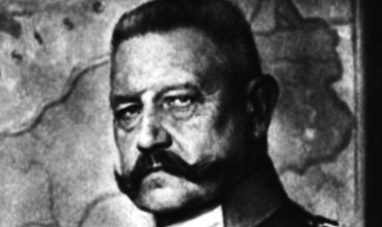

PAUL VON HINDENBURG
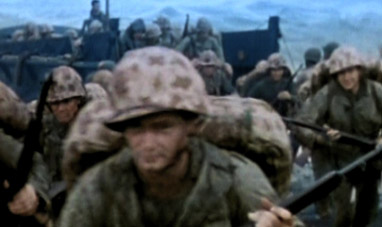

NORMANDY LANDINGS
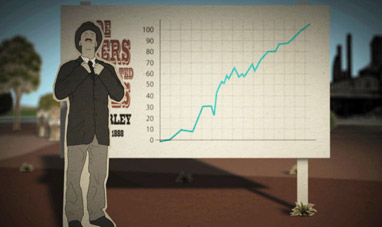

CECIL RHODES
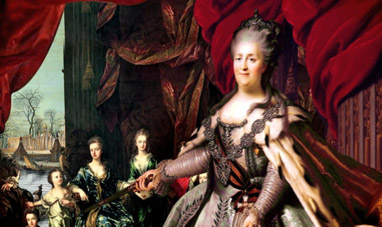

CATHERINE THE GREAT
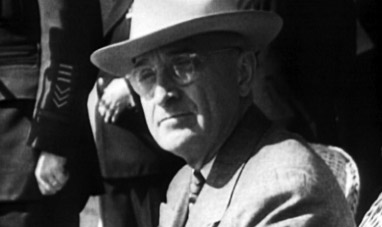

HARRY TRUMAN
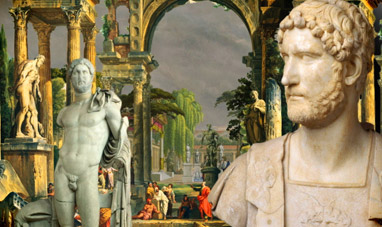

HADRIAN
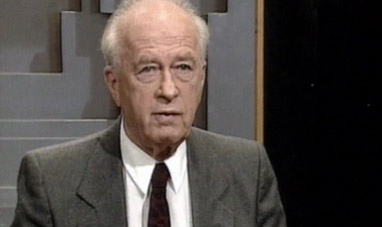

YITZHAK RABIN
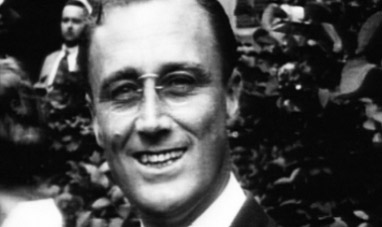

FRANKLIN DELANO ROOSEVELT
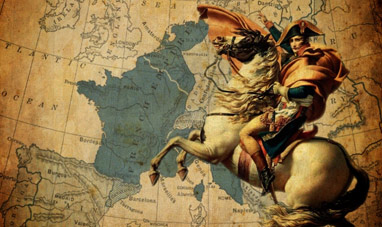

NAPOLEON BONAPARTE
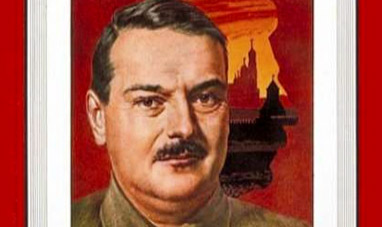

ANDREI ZHDANOV


LEANDRO ARAGONCILLO
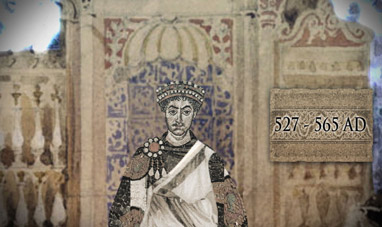

JUSTINIAN I
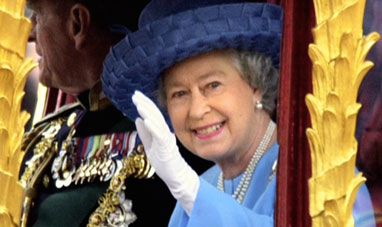

ELIZABETH II
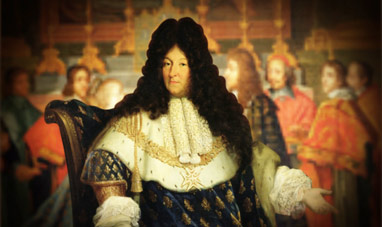

LOUIS XIV, THE SUN KING
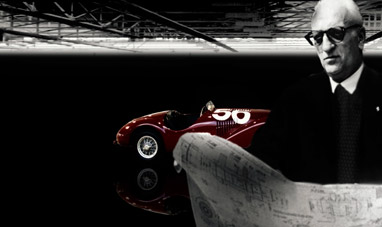

ENZO FERRARI
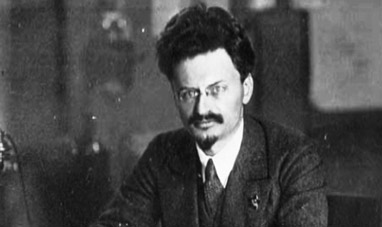

TROTSKY
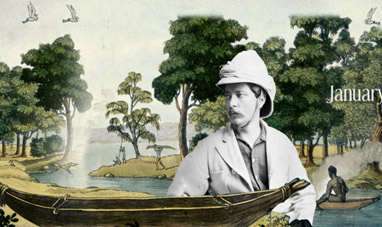

HENRY MORTON STANLEY
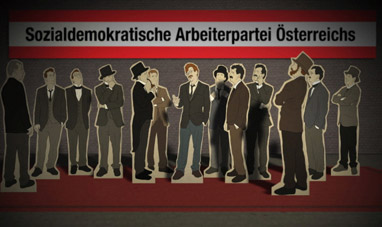

VIKTOR ADLER
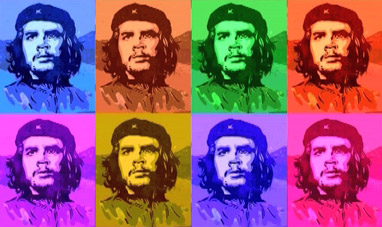

CHE GUEVARA
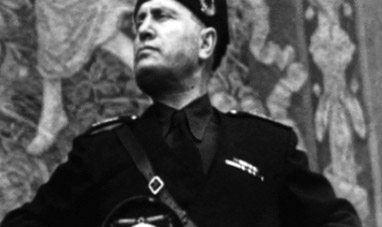

BENITO MUSSOLINI
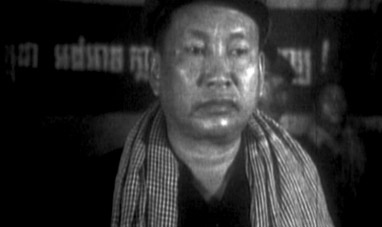

POL POT
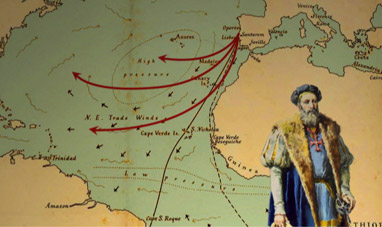

PEDRO ÁLVARES CABRAL
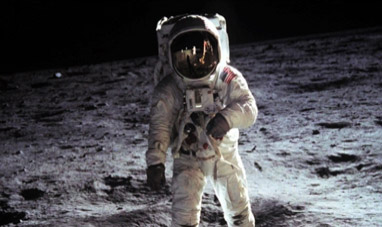

NEIL ARMSTRONG
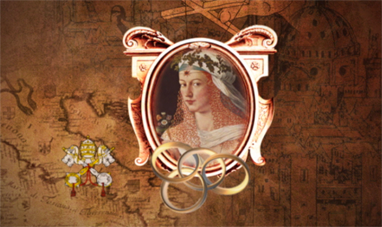

LUCREZIA BORGIA
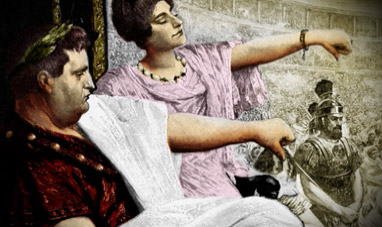

NERO
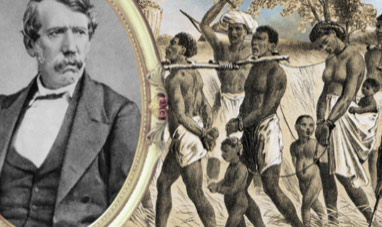

LIVINGSTONE, DAVID
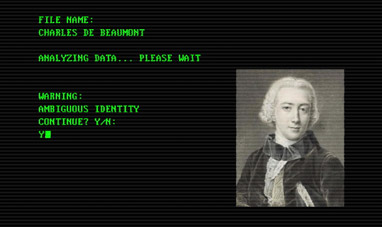

CHARLES DE BEAUMONT, CHEVALIER D'EON
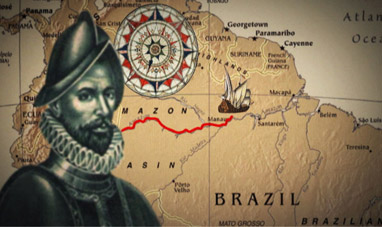

FRANCISCO DE ORELLANA
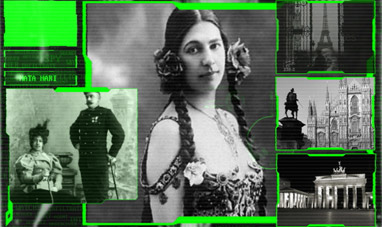

MATA HARI
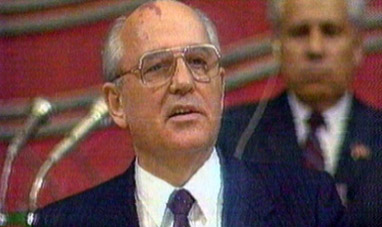

MIKHAIL GORBACHEV
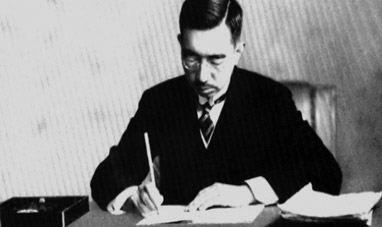

EMPEROR HIROHITO
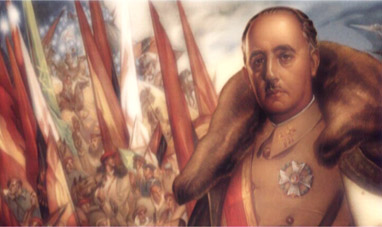

FRANCISCO FRANCO
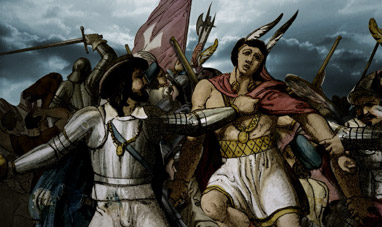

FRANCISCO PIZARRO
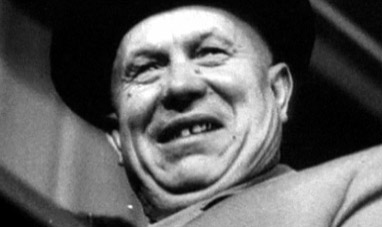

NIKITA KHRUSHCHEV
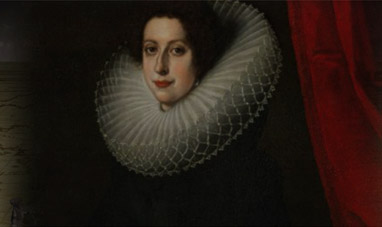

CATHERINE DE MEDICI
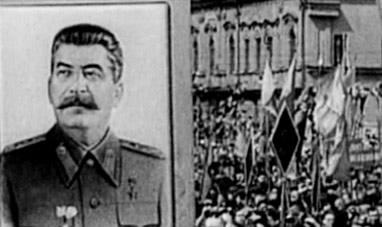

STALIN
